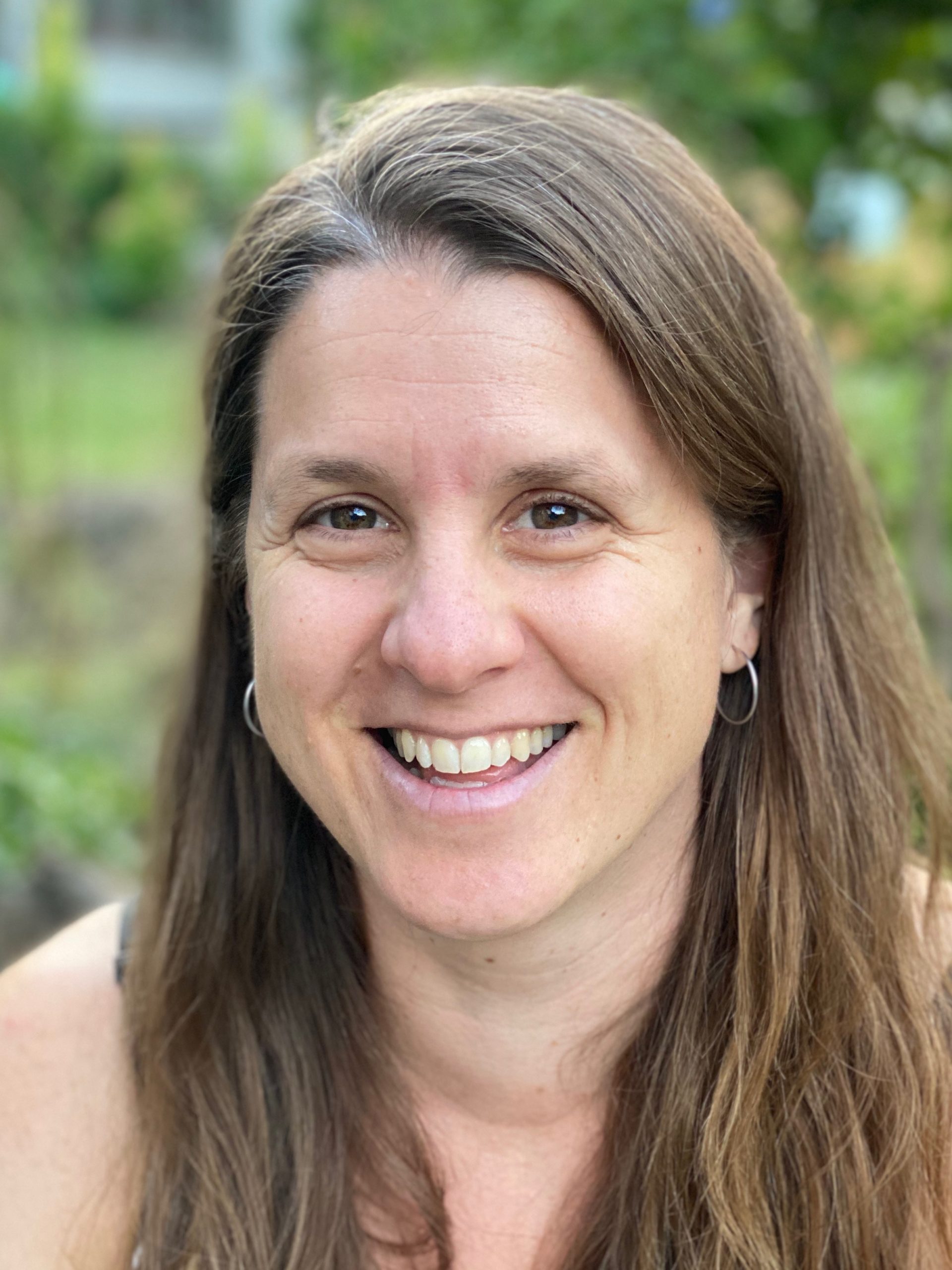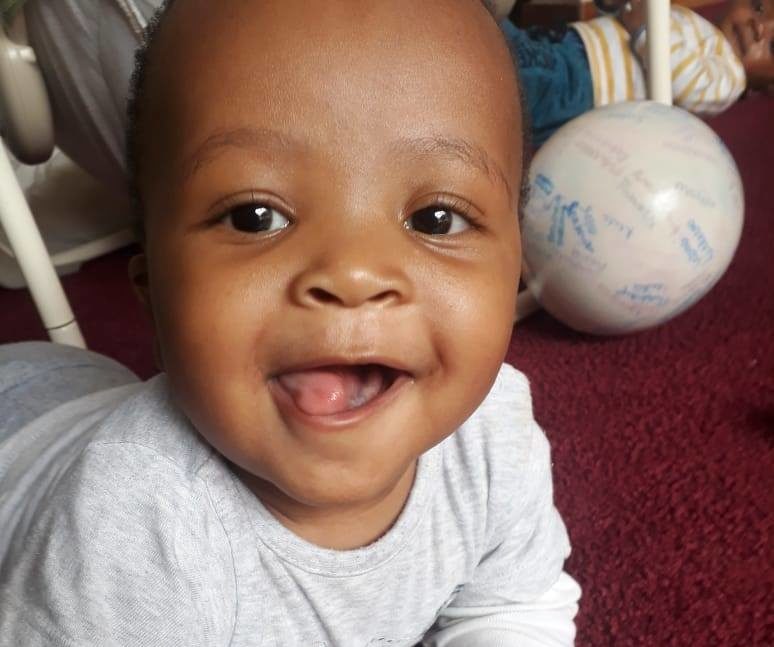Since COVID-19 started spreading around the globe in 2020, I’ve been keeping an eye on the situation in Lesotho – a place near and dear to my heart. At first, Lesotho was spared much of the devastation faced by its more prominent neighbor, South Africa, because the government made an early decision to close its borders. In fact, Lesotho was the last African nation to record any cases of COVID-19. But closed borders pose many challenges in Lesotho, because many adults work in South Africa, and return home for holidays or months-long breaks between harvesting seasons or contract jobs. Families in the rural highlands of Mokhotlong rely on money sent from relatives working in South Africa to survive. This has been more crucial the last few years, as the drought has made it impossible for subsistence farmers in Lesotho to yield their usual amount of crops both to feed their own families and as a source of cash, income to pay for important things like school fees, clothing, and transportation to doctors appointments.
On December 9th, Lesotho opened its borders to let its many citizens back home to see their families for the holidays. While the government of Lesotho required all travelers to present a negative COVID-19 test taken within 72 hours and be fever-free, this did not stop the spread of COVID-19 in the rural areas both because people were presenting false testing certificates, and also because we know COVID-19 is tricky and pernicious, and the long incubation period makes such cross-border checks mediocre at best at stopping the spread of COVID-19.
Now, after months of avoiding the worst effects of COVID-19, Lesotho is in trouble. As elsewhere in the world, hospitals are overwhelmed, testing capacity is limited, and people are living in close quarters with little ability to prevent the spread of the coronavirus. The number of total cases has doubled in the last month (from 2,137 on December 1 to 4,137 on January 8). I would guess that the rates are much higher than that, given the limited testing capacity throughout the country. (In Mokhotlong, which has a population of around 100,000 people, the government is aiming to test only 200 people per day).
You can read more about COVID-19 in Lesotho in an article posted this week on The Guardian, ‘We can’t cope’: Lesotho faces Covid-19 disaster after quarantine failures.
You can also learn more about how COVID-19 is affecting TTL directly, see our post, COVID-19 and Drought at TTL.
I’ve spent over two years living at TTL in Lesotho, and I know how difficult it is to respond to healthcare challenges in this rural, remote setting. In conducting my research on HIV/AIDS and orphan care, I spent lots of time at hospitals and clinics, and have witnessed firsthand the challenges faced in these places to provide basic primary healthcare. Mokhotlong’s capacity to intubate patients, to create negative pressure spaces in the hospitals, and to provide adequate supportive care to COVID-19 patients is almost nonexistent. Thankfully, TTL has been extremely rigid with its COVID-19 policies and has avoided thus far having any cases among our safe home children and staff. But, if cases continue to rise, I’m worried about how TTL will weather this storm going forward. I wish I had a more positive note to end with, here, but I don’t. So instead I’ll just leave you with a picture of this cute little friend who is living at the TTL safe home right now and who is looking forward to a better 2021. Happy New Year! Stay safe out there, friends!

Ellen is an Associate Professor of Anthropology at College of St. Benedict/St. John’s University, where she conducts research on HIV/AIDS and orphan care practices in Lesotho, and elder care in Ghana. Her book Infected Kin:Orphan Care and AIDS in Lesotho (written with Will McGrath, her husband, and creative non-fiction writer) is based on the research she has conducted in Lesotho since 2007. She has served as advisor to undergraduate students who wish to do field research at TTL, and has been on the Board since 2015. She took over the position of Executive Director in 2019.


0 Comments